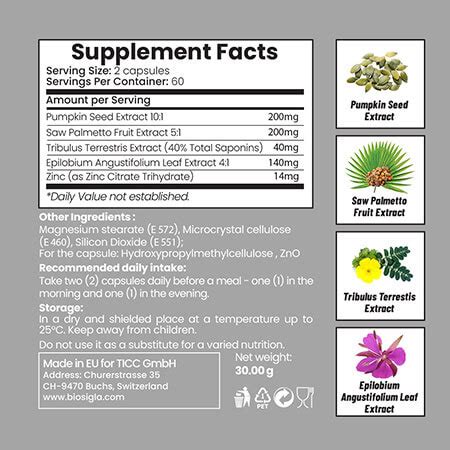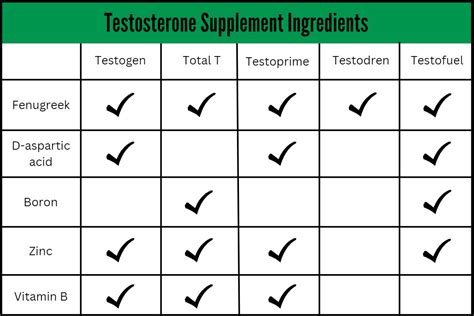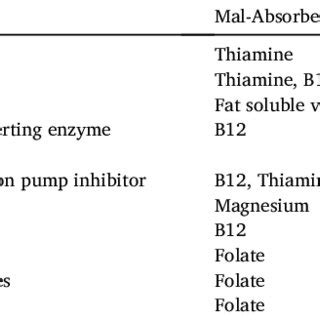
Which specific micronutrients are often emphasized for men’s prostate health as they age?
As men age, maintaining prostate health becomes a significant concern, with specific micronutrients playing a crucial role in supporting the gland’s well-being and mitigating age-related issues.












